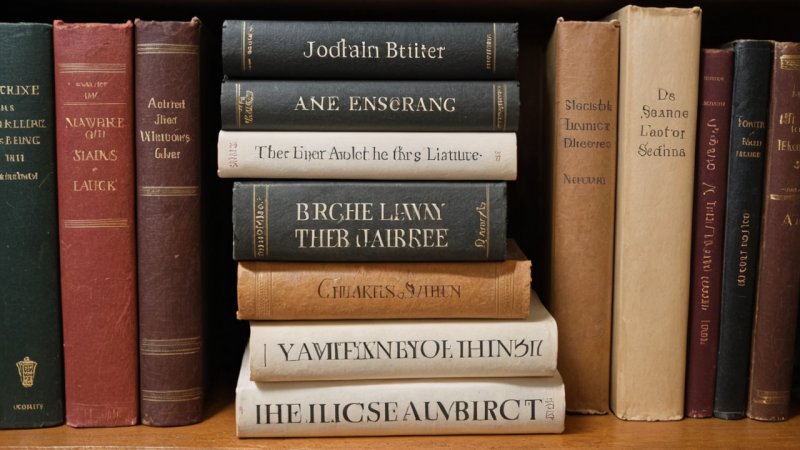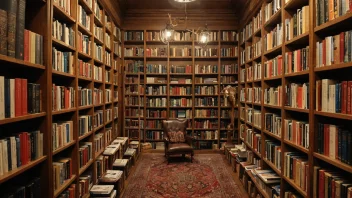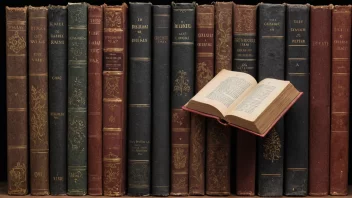Throughout literary history, certain classic books have not only withstood the test of time but have also significantly influenced the development of modern literature. These works have inspired countless authors and transformed the way stories are told, providing foundational themes and narratives that resonate across generations. In this article, we will explore some of the top classic books that have shaped modern literature, highlighting their impact and relevance in today’s literary landscape.
One of the most pivotal works in the canon of classic literature is Pride and Prejudice by Jane Austen. Published in 1813, this novel explores themes of love, social class, and individual agency. Austen’s keen observations of society and her ability to create complex characters have made her a lasting influence on both contemporary romance and social commentary in literature. Her use of irony and wit not only entertained readers of her time but also laid the groundwork for character-driven storytelling in modern novels.
Another cornerstone of classic literature is F. Scott Fitzgerald’s The Great Gatsby, released in 1925. This iconic American novel captures the essence of the Jazz Age, reflecting the disillusionment of the American Dream. Fitzgerald’s lyrical prose and vivid imagery have inspired writers to explore themes of ambition, wealth, and identity. The novel’s exploration of morality and social stratification continues to resonate, making it a crucial reference point for contemporary discussions about class and privilege.
1984 by George Orwell stands as a powerful warning against totalitarianism and the erosion of individual freedoms. Published in 1949, Orwell’s dystopian vision has influenced countless works of fiction and non-fiction alike. The themes of surveillance, propaganda, and the manipulation of truth are more relevant now than ever, serving as a chilling reminder of the potential consequences of unchecked power. This novel not only shaped the genre of dystopian literature but has also become a vital part of political discourse.
Moving to the realm of children’s literature, Charlotte's Web by E.B. White has captivated young readers since its publication in 1952. This poignant tale of friendship and sacrifice has taught generations about empathy and the cycles of life. White’s ability to convey complex emotions through simple storytelling has influenced countless children’s authors, encouraging them to tackle significant themes in an accessible manner that resonates with young audiences.
Lastly, we cannot overlook the impact of To Kill a Mockingbird by Harper Lee. Released in 1960, this novel addresses themes of racial injustice, morality, and compassion through the eyes of a child. Its exploration of social issues and human behavior has inspired a wealth of literature aimed at fostering empathy and understanding. The legacy of Lee’s work is evident in the continued relevance of its themes in modern discussions about race and equality.
In conclusion, the classic books discussed above have not only shaped the landscape of modern literature but have also provided a lens through which we can explore important themes relevant to our lives today. From Austen’s intricate character studies to Orwell’s chilling dystopia, each work has left an indelible mark on literary history. As we continue to read and engage with these classics, we deepen our appreciation for the art of storytelling and the transformative power of literature.






